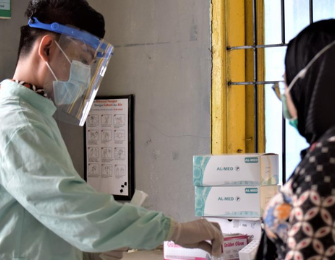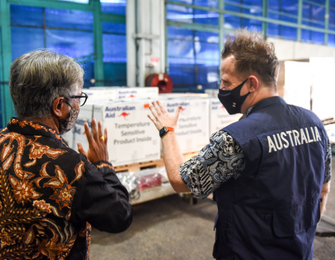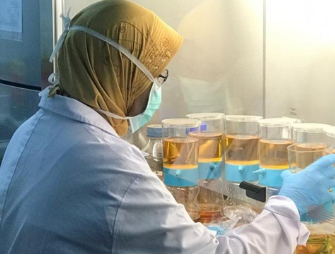Australia’s partnership with World Mosquito Program (WMP) will enhance national resilience to dengue, Zika, and chikungunya by deploying the evidence-based Wolbachia intervention in Dili (Timor-Leste), South Tarawa (Kiribati), and five high-burden Indonesian cities, in alignment with Indonesia’s National Strategic Plan for Dengue Control. By introducing Wolbachia – a naturally occurring bacterium that blocks virus transmission – into local Aedes mosquito populations, WMP delivers a proven, self-sustaining, and cost-effective tool that protects all community members, regardless of gender, age, or socioeconomic status. Each project follows three phases:
- Preparation: Engage communities and key stakeholders to secure support and establish the Wolbachia mosquito line.
- Release: Conduct mosquito releases, monitor Wolbachia establishment, and maintain ongoing community outreach.
- Post-release monitoring: Track long-term Wolbachia prevalence and acknowledge community participation.
Through these steps, the program will deliver a scalable, equitable intervention that significantly reduces vector-borne disease risk in lower-middle-income settings.




